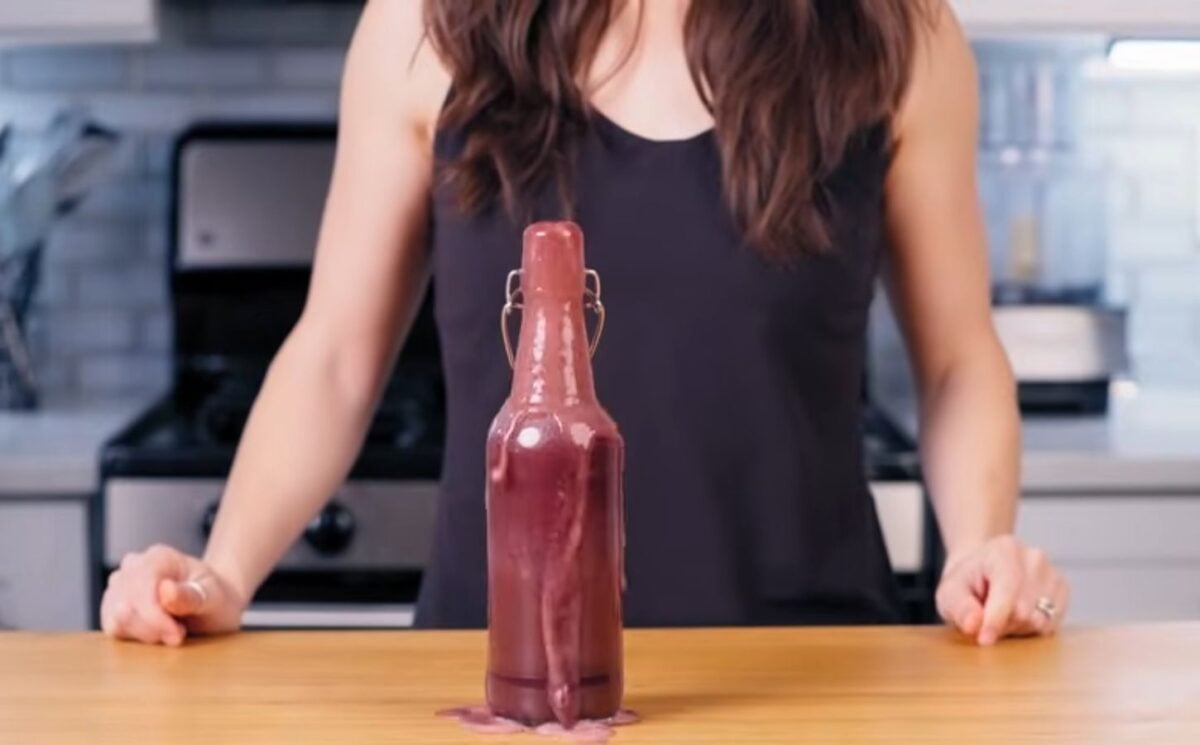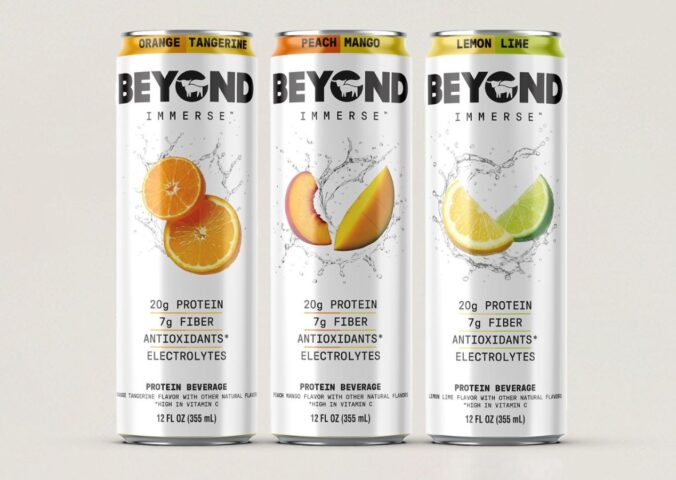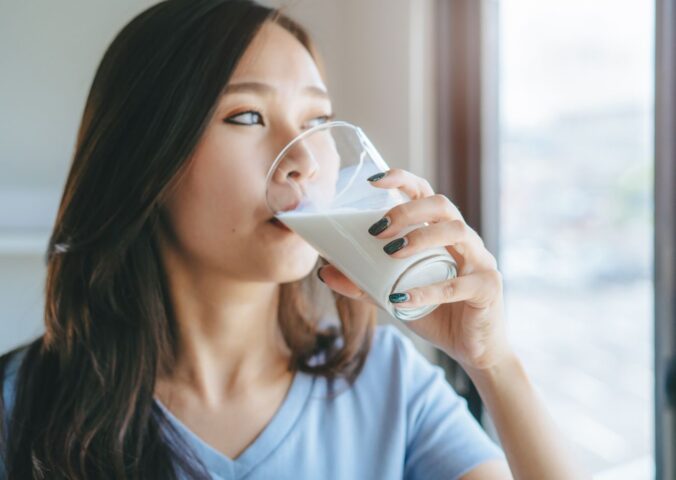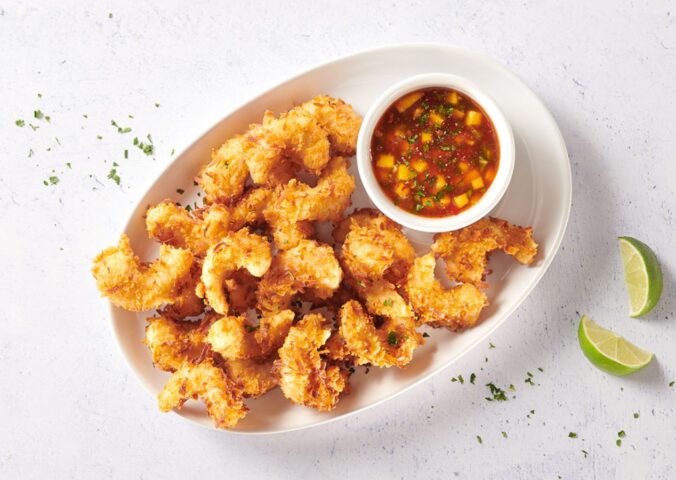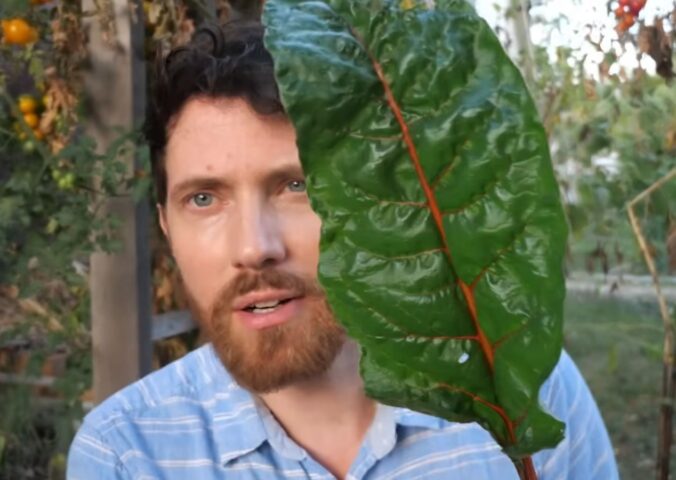What if your next fizzy drink actually supported your gut health? That’s the idea behind one of Cameron Rodas’ latest creations, a homemade probiotic soda that starts with nothing more than ginger, sugar, and water.
Rodas, the creator behind the YouTube channel Whole Shenanigans, has built her platform on showing how unprocessed, whole foods can heal, energize, and nourish the body naturally. Her mission is to demystify healthy living and prove that fermented foods and natural ingredients don’t have to be intimidating or expensive to make.
Read more: 7 Fermented Plant Foods That Could Boost Your Gut Health
In a recent video, Rodas shows viewers how to make a “gingerbug,” the starter that fuels every probiotic soda. “A gingerbug is a natural ferment made with ginger, sugar…and water,” she says. From that base, she creates bubbly drinks that don’t just taste good, they’re alive, teeming with beneficial bacteria that help support digestion and gut balance. It’s part science experiment, part kitchen alchemy, and a surprisingly easy way to turn humble ingredients into something powerful.
The magic of the gingerbug
Rodas explains that the process starts with organic ginger, well-washed but unpeeled to preserve its wild yeast and lactic acid bacteria. “We don’t want chemical residues that can harm the microbes and hinder fermentation,” she notes, adding that the combination of ginger, sugar, and clean, non-chlorinated water creates a thriving environment for fermentation.
Her sugar choice is also deliberate. “I use organic cane sugar because it’s a good middle ground,” Rodas says. It offers enough minerals to feed the microbes without overwhelming them. For those wondering, plain white table sugar works fine too, but she cautions against substitutes like honey or artificial sweeteners. “Raw honey has antimicrobial properties, and we’re trying to not be anti to our microbes,” she says, adding that “we don’t want to inhibit or kill the natural yeast and bacteria that we’re trying to grow.”
Fermenting your way to fizz
Once the mix is stirred, Rodas covers the jar with a breathable layer – such as a paper towel or coffee filter – to allow oxygen flow. “Unlike other ferments, you do want this to breathe and get a little bit of oxygen,” she explains. Over several days, bubbles appear, signaling that fermentation is underway. “You will start to see this bubbling at some point, which is a good sign of fermentation.”
She advises stirring and feeding the mixture daily with equal parts ginger and sugar for about five days. The sweet, gingery liquid will gradually develop a natural effervescence as the microbes multiply. “By the way, 70 to 75 degrees Fahrenheit is a great temperature for your gingerbug,” she adds.
Turning the starter into soda
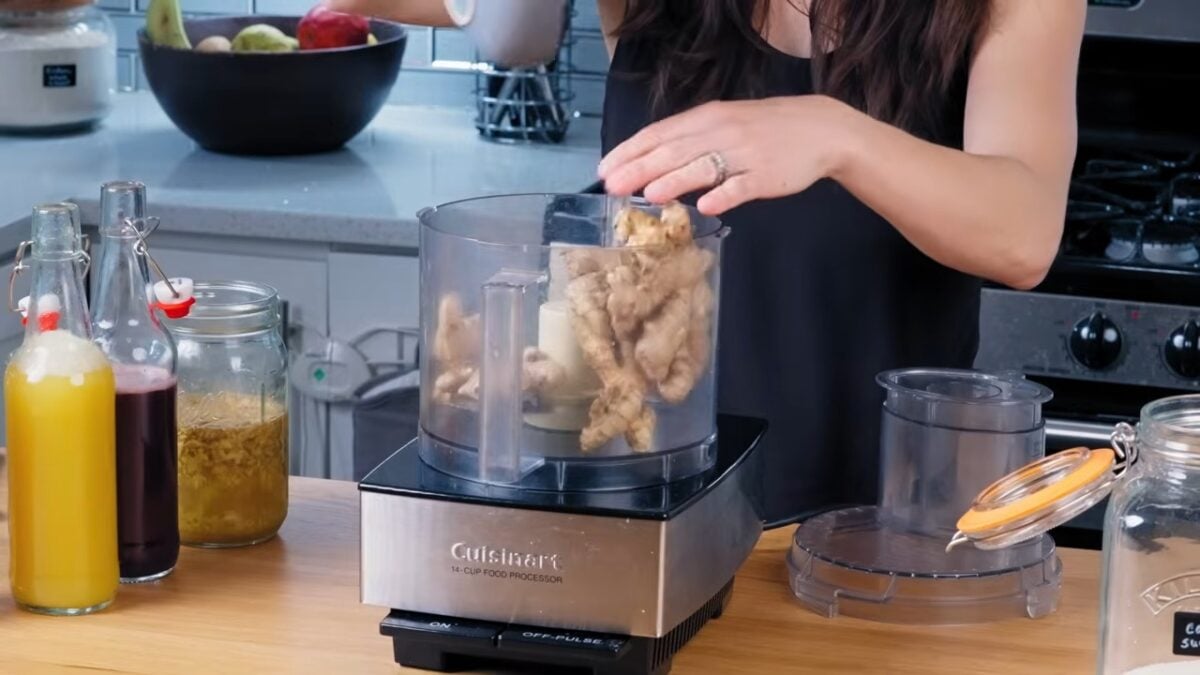
Once active, the gingerbug becomes the starter for the homemade probiotic soda. Rodas strains a tablespoon or two of the liquid into a swing-top bottle and adds juice. “I personally use pure organic juice,” she says, “but you don’t have to be that picky. Just watch out for additives that will stop your ferment.”
She recommends letting the bottle sit at room temperature for 12 hours to three days, depending on your home’s warmth and the strength of the ferment. “Keep an eye on it and burp it every 24 hours so the pressure doesn’t build up,” Rodas says. “You will get more bubbles than you can get from a can of soda, I’m telling you.”
Why it’s worth the effort
Homemade probiotic soda helps cultivate gut health. The live cultures in the gingerbug help feed beneficial bacteria in the digestive system, supporting balance and immunity naturally. The process also reconnects makers to the slow, hands-on craft of fermentation.
Rodas ends with a simple call to action that reflects her philosophy: “Be sure to tell me what you make with your gingerbug. And remember to eat real food.”
With just ginger, sugar, and water, you can create a living, nutrient-rich soda at home – one that nourishes your gut as much as your craving for something bubbly.
You can find the original video on the Whole Shenanigans YouTube channel.
